It’s no secret that it’s critical to be fully prepared for your investment banking interview. Interviews are incredibly competitive, and the people interviewing you will be assessing you to see if you are the best fit for their organization.
Before the interview, you need to understand the job role clearly. You will be asked about your understanding of what the role entails, and being unable to answer with certainty and clarity will mean your interview is over before it begins.
You also need a deep understanding of mergers & acquisitions, accounting standards, investments, valuation, and banking. Finally, you should be clear with the fundamentals of investment banking, the roles, and the KPIs – the Fmi Investment Banking pathway is an excellent resource.
Our experts at Fmi have put together what we believe are the five most asked technical questions asked during an interview for Investment Banking interns and graduate positions. In addition, we have included a suggested method to help with your response. Before the interview, you should practice answering these questions, but don’t learn the answer word-for-word. It would be best if you come across naturally and passionate.
Answering these questions clearly and confidently will help sell yourself to the interviewer, demonstrating that you have prepared well in advance and are very motivated to learn and work.
1. How do you value a company?
Response:
Step 1 – Start your response by stating the two primary methods of valuation, which are absolute valuation (discounted cash flow valuation) and relative valuation (comparables /multiples valuation) approaches
Step 2 – Explain each method briefly by covering all the critical aspects of the methods
Step 3 – End by talking about how important it is to use these methods in conjunction with one another to evaluate a company’s actual value.
2. Please walk me through the three financial statements.
Response:
Step 1 – State all the three financial statements by explaining each with a one-liner
Step 2 – For each statement, explain what it includes, how the statement links with other
statements, and what the statement tells an analyst about the Company
Step 3 – Conclude by briefly discussing how the three financial statements are used when valuing a Company.
3. When should a company consider issuing debt instead of equity?
Response:
Step 1 – Start by explaining some crucial reasons a Company may require funding (e.g., investment
for organic growth or growth via acquisition)
Step 2 – Explain the difference between debt and equity and how they relate to the lifecycle of a
Company
Step 3 – List the advantages of issuing debt instead of equity (e.g., it is a cheaper source of funding)
Step 4 – Conclude by mentioning how too much leverage could hurt a Company
4. What makes a good financial model?
Response:
Step 1 – Start by explaining what a financial model is and what it isn’t
Step 2 – Give a couple of examples of financial models and mention the advantages of building
models. Highlighting areas that demonstrate a deep understanding of financial models such as sensitivity analysis)
Step 3 – Conclude by explaining how a financial model would be used to value a Company
5. “A company has learned that due to a new accounting rule, it can start capitalizing R&D costs instead of expensing them. “
a) What is the impact on EBITDA?
b) What is the impact on Net Income?
c) What is the impact on cash flow?
d) What is the impact on valuation?
Response:
Step 1 – Explain what R&D costs are and why are they recorded as an expense
Step 2 – Individually answer each of the sub-questions asked by giving a clear response
Step 3 – (optional) mention what the effects on the sub-questions would be without the change
Step 4 – Conclude by mentioning the advantage for a Company to continue using the same method;
it is easier to evaluate and compare current and historical figures.
Conclusion:
The key to successfully answering these technical questions is to apply the concepts you’ve learned in your studies or job experiences and test yourself.
Don’t give too much background information in the interview. Investment bankers care greatly about efficiency, and they have many people to interview. You will demonstrate a deeper understanding than speaking for too long by answering concisely.
Finally, be confident and let your passion shine through.
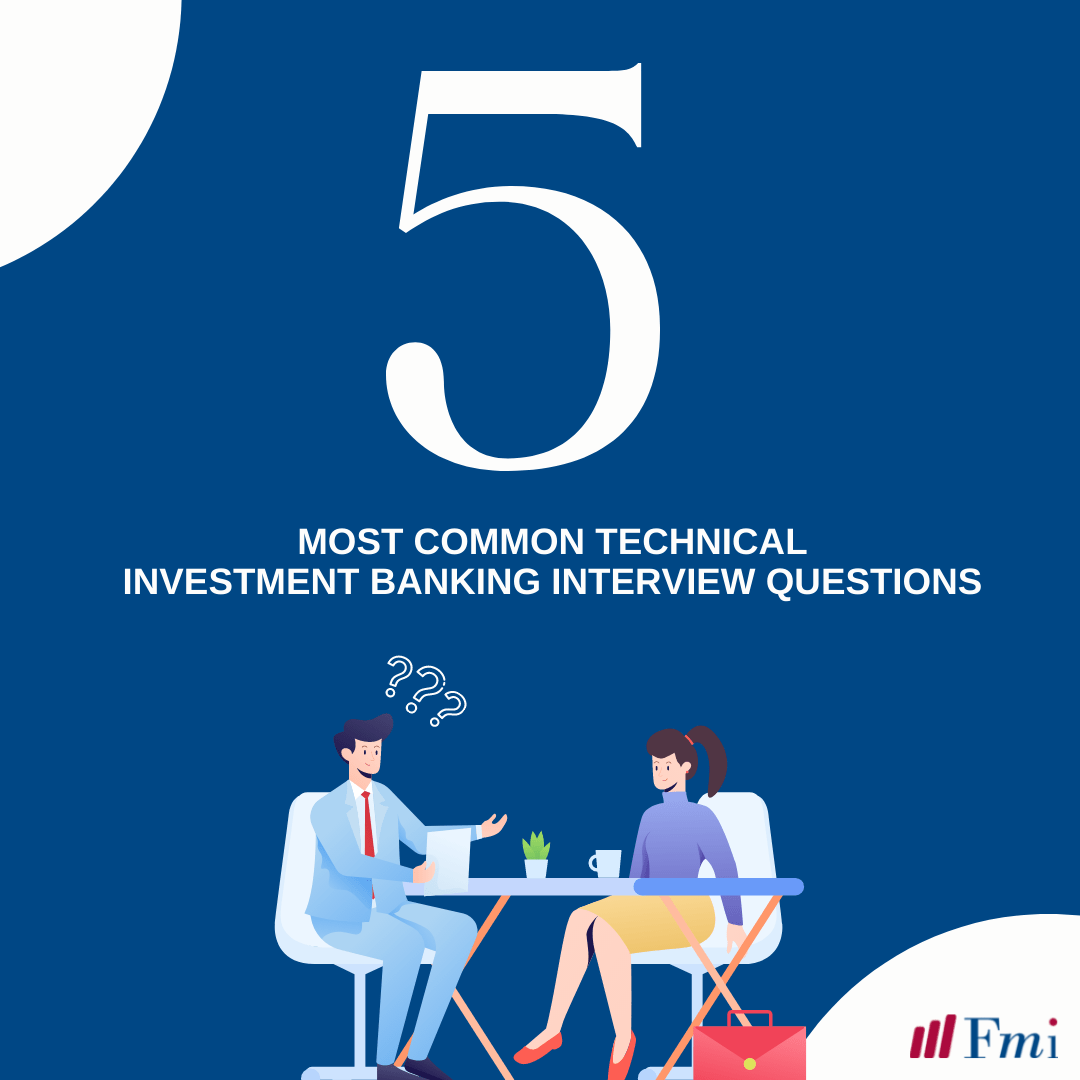
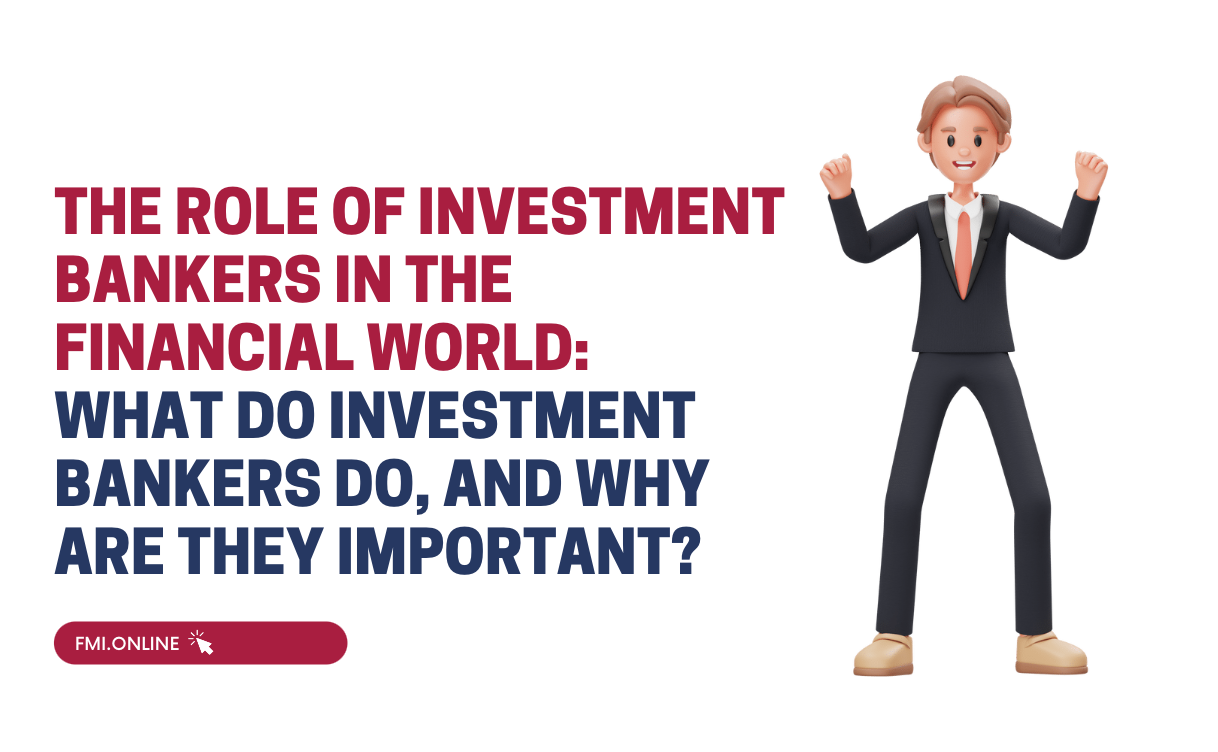
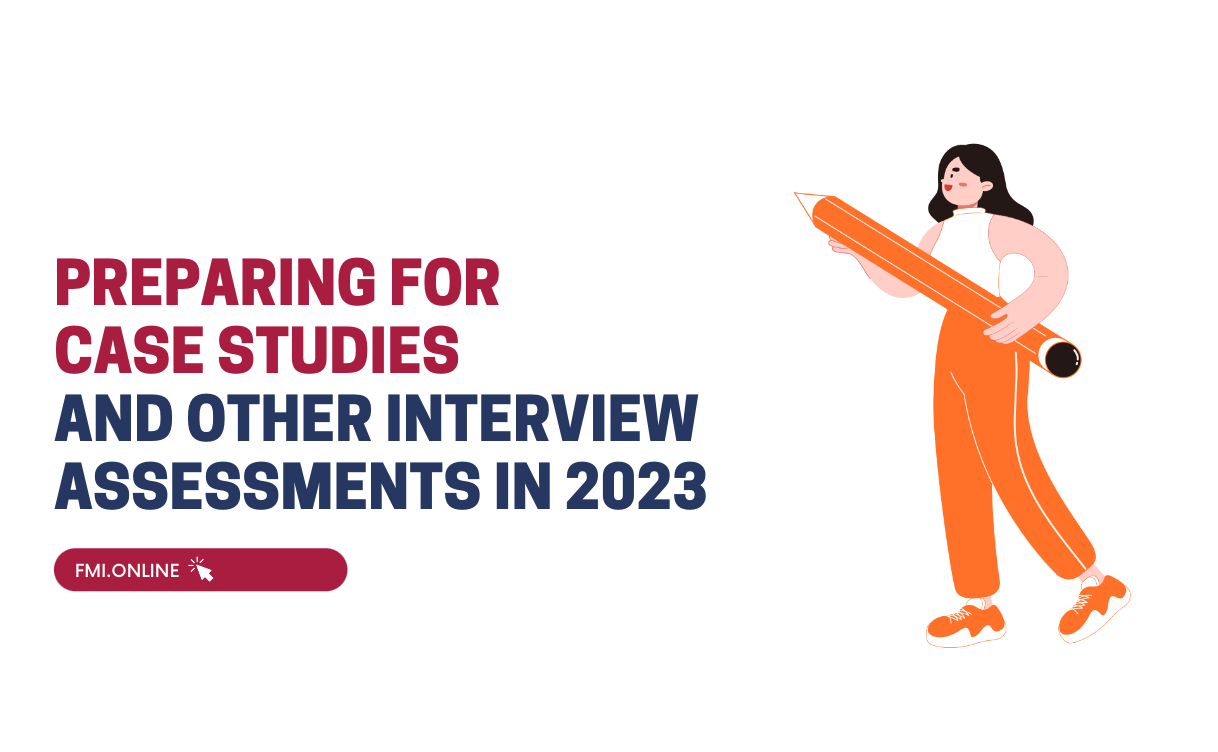



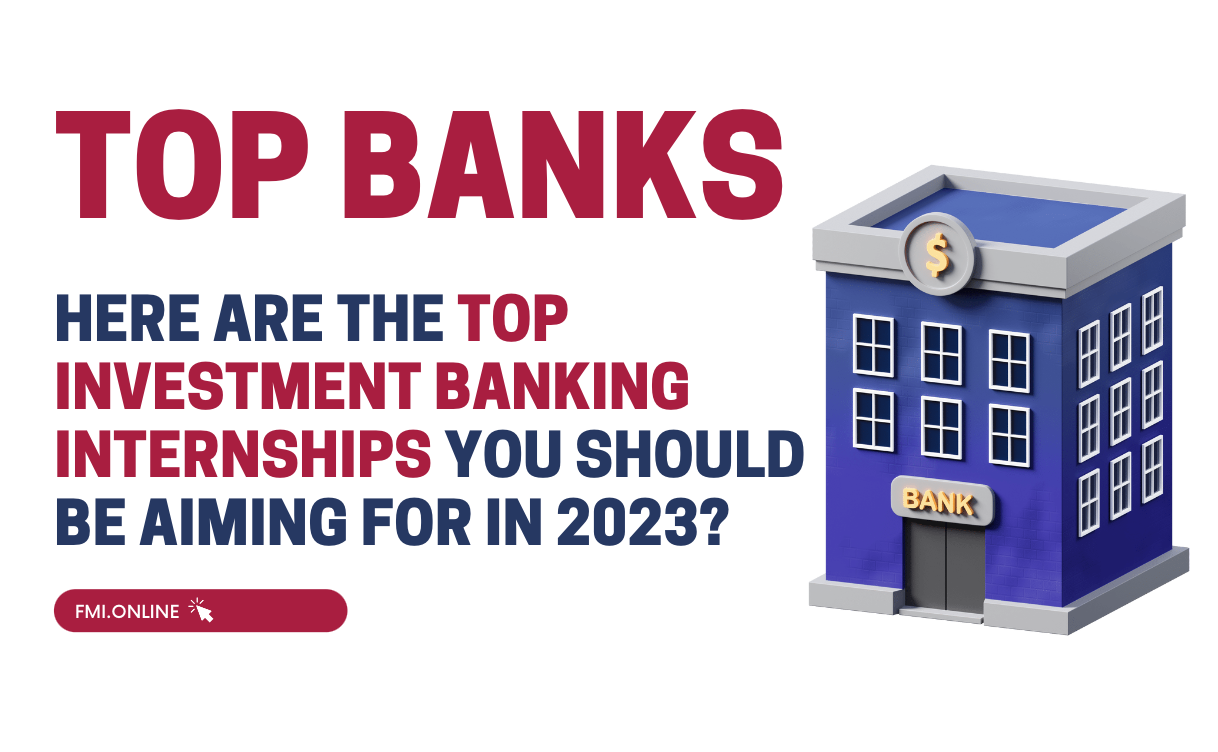
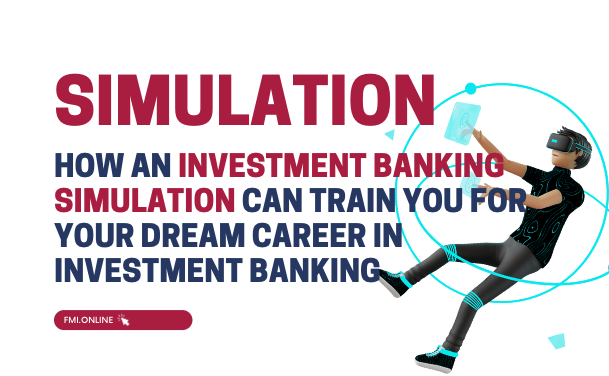
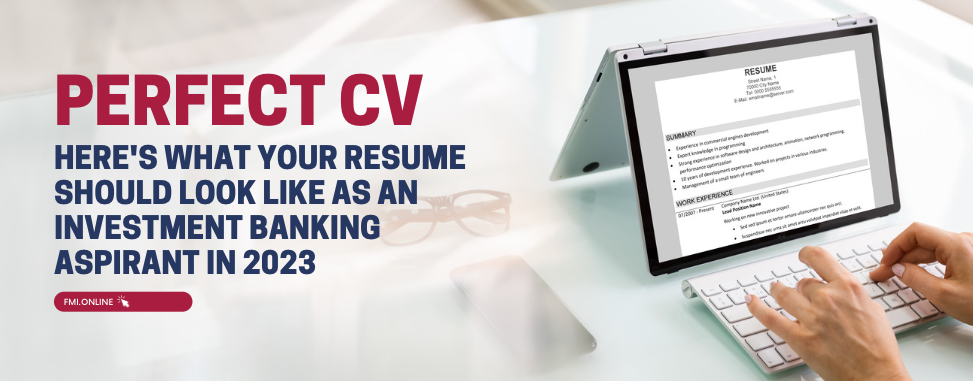



 60+ hours
60+ hours 9 courses
9 courses



